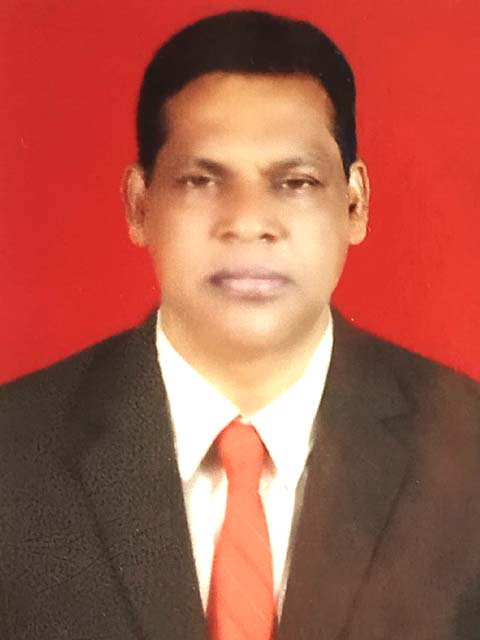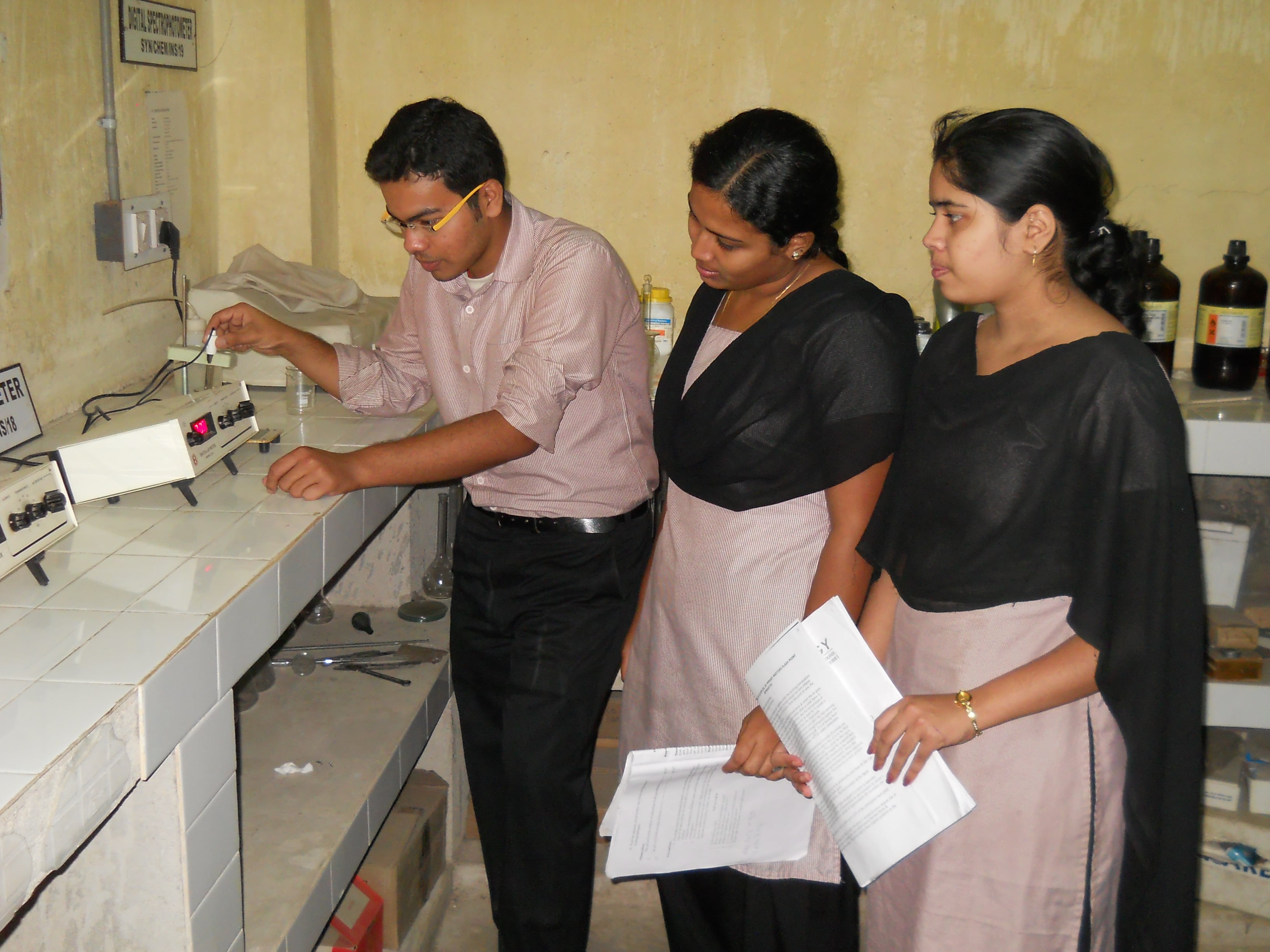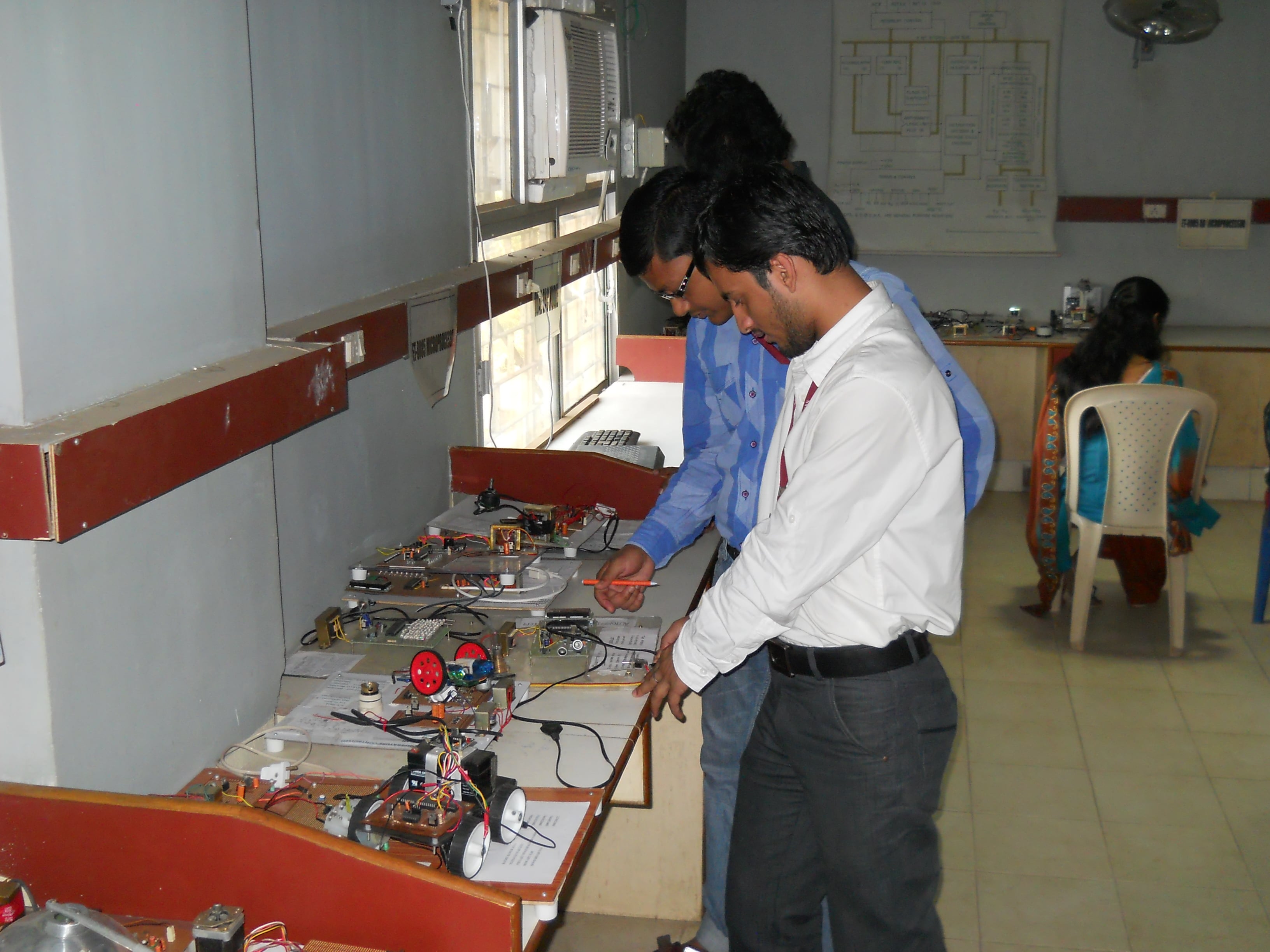
Electrical Engineering

Dr Lokanatha Dhall Samanta, Associate Professor
HOD, Electrical
ELECTRICAL ENGINEERING
The Vision :
To evolve into a Center of Excellence, producing globally competent Electrical Engineers and fostering innovation and research to meet the needs of industry and society.
The Mission :
- Transformation of the Department to an academic centre of excellence through continuous learning relevant to Electrical Engineering.
- pursue research in Electrical Engineering to meet the Industrial requirement.
- To create facility to produce technical man power with innovative skills for societal needs.
- Establishment of tie-ups with World class organizations and leading educational institutions to nurture excellence in teaching and consultancy.
The Department has Eight laboratories such as:
- BASIC ELECTRICAL ENGINEERING LAB
- NETWORK DEVICE LAB
- MACHINES LAB-I & II
- CONTROL & INSTRUMENTATION LAB
- POWER ELECTRONICS LAB
- MACHINE DESIGN & SIMULATION LAB
- ELECTRICAL & ELECTRONICS MEASUREMENT LAB
- POWER SYSTEM LAB
- ELECTRIC DRIVES LAB


Program Educational Objectives (PEOs)
PEO1: To have strong background to pursue higher studies, communicate effectively, become efficient team members and leaders.PEO2: The graduate will have expertise in developing the state-of-the-art electrical allied system solutions thereby contributing the same in both National & International level.
PEO3: The Graduate will inculcate the professional spirit & ethical attitude in his/her behavior, embracing multidisciplinary approach & addressing technological issues relevant to Electrical discipline.
Programme Specific Outcomes
PSO1: Implementation of the knowledge of understanding of Electric circuits, Machine control, design and operation, Power generation, transmission and Distribution, applications of Power Electronic Devices for solution of complex Electrical Engineering problems based on Electrical Engineering concepts.PSO2: Conduction of Electrical Hardware and Software laboratories to solve both Electrical as well as multi-disciplinary Engineering problems arising in the industrial fields through Extensive Laboratory exposure.
PROGRAM OUTCOMES (POs):
| PO1 | Engineering Knowledge: Apply the knowledge of mathematics, science, engineering fundamentals, and Mechanical Engineering specialization to the solution of complex Mechanical Engineering problems. |
| PO2 | Problem Analysis: Identify, formulate, review research literature, and analyse complex Mechanical Engineering problems reaching substantiated conclusions using first principles of mathematics, natural sciences, and engineering sciences. |
| PO3 | Design/development of solutions: Design solutions for complex Mechanical Engineering problems and design system components or processes that meet the specified needs with appropriate consideration for the public health and safety, and the cultural, societal, and environmental considerations. |
| PO4 | Conduct investigations of complex problems: Use research-based knowledge and research methods including design of Mechanical Engineering experiments, analysis and interpretation of data, and synthesis of the information to provide valid conclusions. |
| PO5 | Modern tool usage: Create, select, and apply appropriate techniques, resources, and modern engineering and IT tools including prediction and modelling to complex Mechanical Engineering activities with an understanding of the limitations. |
| PO6 | The engineer and society: Apply reasoning informed by the contextual knowledge to assess societal, health, safety, legal and cultural issues and the consequent responsibilities relevant to the professional Mechanical Engineering practice. |
| PO7 | Environment and sustainability: Understand the impact of the professional Mechanical Engineering solutions in societal and environmental context, and demonstrate the knowledge of, and need for sustainable development. |
| PO8 | Ethics: Apply ethical principles and commit to professional ethics and responsibilities and norms of the Mechanical Engineering practice. |
| PO9 | Individual and team network: Function effectively as an individual, and as a member or leader in diverse teams, and in Mechanical Engineering settings. |
| PO10 | Communication: Communicate effectively on complex Mechanical Engineering activities with the engineering community and with society at large, being able to comprehend and write effective reports and design documentation, make effective presentations, and give and receive clear instructions. |
| PO11 | Project management and finance: Demonstrate knowledge and understanding of the Mechanical Engineering and management principles and apply these to one's own work, as a member and leader in a team, to manage projects and in multidisciplinary environments. |
| PO12 | Life-Long learning: Recognize the need for, and have the preparation and able to engage in independent and life-long learning in the broadest context of technological change in Mechanical Engineering. |
Scope of Electrical Engineering
The Department of Electrical Engineering of SIET is one among leading branch instituted in 2002. While retaining its strength in traditional areas of engineering, the department grew with time, reflecting the needs of a changing society and established new areas of teaching & research in electrical engineering. The department is AICTE acrreditated by NBA for 3 years since 2008.
Tthe syllabi of the department has tremendously augmented with many advanced courses with focus on the following areas: Network analysis & synthesis, machine analysis & design; control engineering; and in-depth coverage of power systems.
State of the art infrastructure has been established in order to promote a congenial academic environment to impart quality education.
Sincere efforts have been made to implement the Decentralized Functioning in its letter and spirit. Lab. In-Charge, and staff are attached to the laboratory towards up-keep and effective utilization of the assigned laboratory. Through devolution of powers, the administration in the department has been effectively made transparent.
COURSES
The Department of Electrical Engineering Offers
1. 4 year B.Tech in Electrical Engineering (8 semester)
The students of this course are exposed to subjects related to Theoretical as well as Practical Subjects. The course module has been extensively designed by BPUT to cover all the aspects of engineering studies. Besides imparting theoretical knowledge, a lot of stress is laid on hands-on training and overall, development of the individual's personality. The teaching programs has been devised keeping in view close interaction with the industry. The competence of the department is reflected in the growing demand for its fresh graduates.
PROJECT APPLIED UNDER MODROB SCHEME
|
Sl.No.
|
Project Title
|
Principal Investigator
|
Project Duration
|
Amount Received
(Rs. In Lakhs) |
Funding Agency
|
| 1 | Modernisation of Power System Laboratory | Prof. L.Dhalsamant | - | - | AICTE |
RESEARCH & CONSULTANCY
LIST OF TESTING and R&D FACILITIES AVAILABLE IN THE DEPTT. OF ELECTRICAL ENGG.
- Testing of dielectric strength of the insulating oil ( transformer oil etc.) as per relevant I.S.S.
- AC Power measurement.
- Testing
- Measurement of insulation resistance of any equipment/ dielectric samples.
- Measurement of earth resistance.
- LCR Q-measurement.
- Wave form Analysis.
Major research areas of the department are
1. Induction Motor Control
2. Distributed Generation
Department Advisory Board
| 1. | Prof. (Dr.) Prashanta Kumar Nayak | Director, SIET,Dhenkanal |
| 2. | Prof. (Dr.) Lokanath DhallSamanta | Prof SIET, Dhenkanal |
| 3. | Prof. S.S.Pati | Asst Prof, HOD Electrical,SIET, Dhenkanal |
| 4. | Prof. (Dr.) Premananda Pany | Asso. Prof. |
| 5. | Prof. S.Abhinash, | HOD CSE, SIET, Dhenkanal |
| 6. | Prof. Sangita Mahapatra | HOD ME, SIET, Dhenkanal |
| 7. | Prof.Ramakanta,Mahanta | Asst Prof, |
| 8. | Prof. Pabitra Kumar Nayak | Asst Prof, |
| 9. | Prof. Elora Das | Asst Prof, |
| 10. | Prof. Sanjaya Sathua Mahapatra | Asst Prof, |
| 11. | Prof. Ananta narayan Sahu | Asst Prof, |
| 12. | Prof. Manamohan Panda | Asst Prof, |
| 13. | Prof Amarendra Behera | Asst Prof, |
| 14. | Ms. Monika Singh | Student Representative |
| 15. | Mr. Vaswat Kumar Nayak | Student Representative |
| 16. | Ms.Ayushi Priyadarshini | Student Representative |
| 17. | Mr. Akash Senapati | Student Representative |
Programme Assessment Committee
| 1. | Prof. Shakti Shankar Pati | Asst Prof. |
| 2. | Prof. (Dr.) Lokanatha Dhalla Samant, | Professor |
| 3. | Prof. (Dr.) Prashanta Kumar Nayak | Professor |
| 4. | Prof. Premananda Pany | Asso Prof. |
| 5. | Prof. Ramakanta Mahanta, | Asst Prof. |
| 6. | Prof. Pabitra Kumar Nayak | ,Asst Prof. |
| 7. | Prof. Elora Das, | Asst Prof |
| 8. | Prof Sanjaya Sathua Mahapatra | Asst Prof. |
| 9. | Prof. Ananata narayan Sahu | Asst Prof. |
| 10. | Prof. Manmohan Panda | Asst Prof. |
| 11. | Prof. Amarendra Behera | Asst Prof. |
| 12. | Prof. Bishnupriya Sahu | Asst Prof. |


